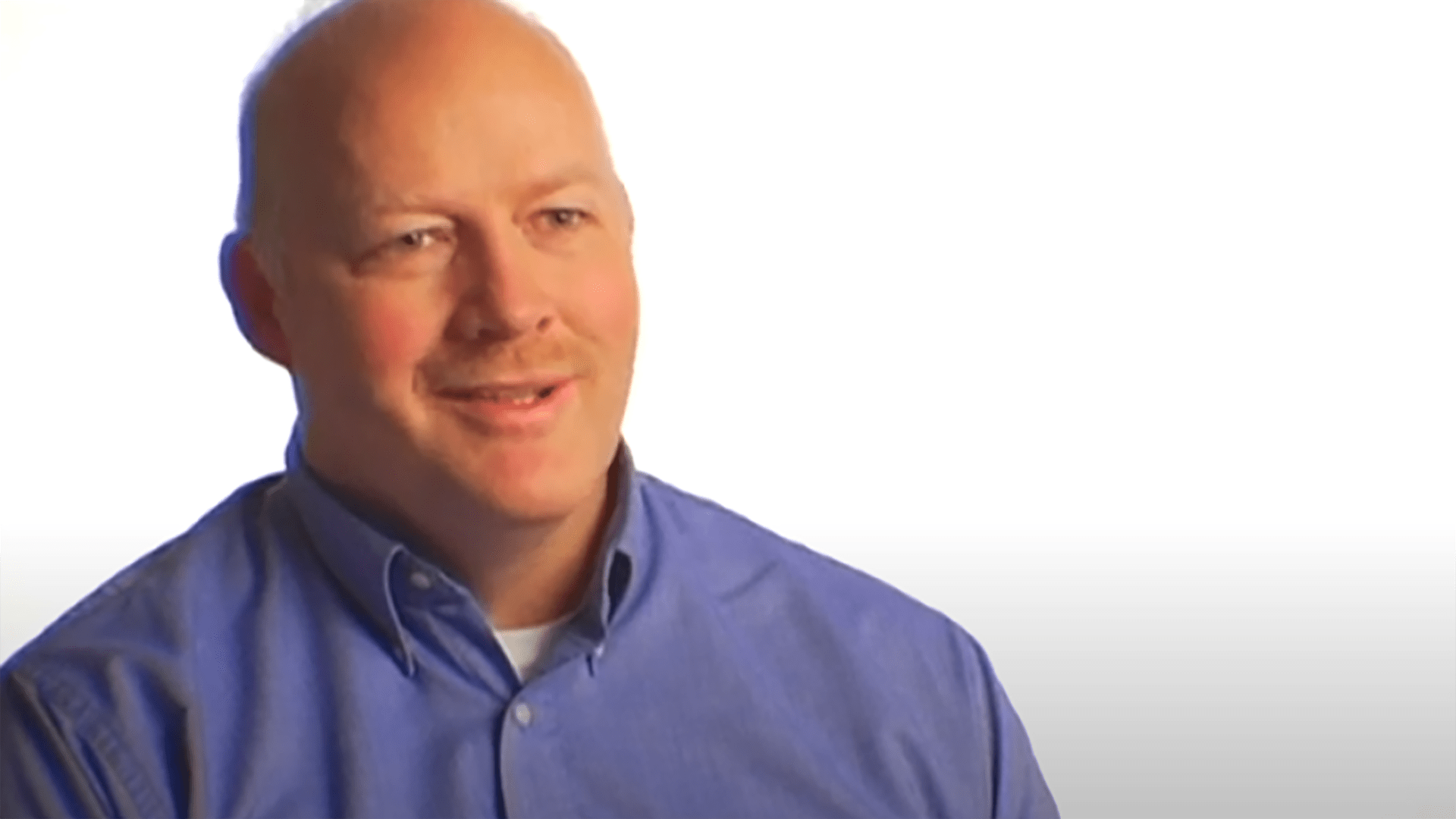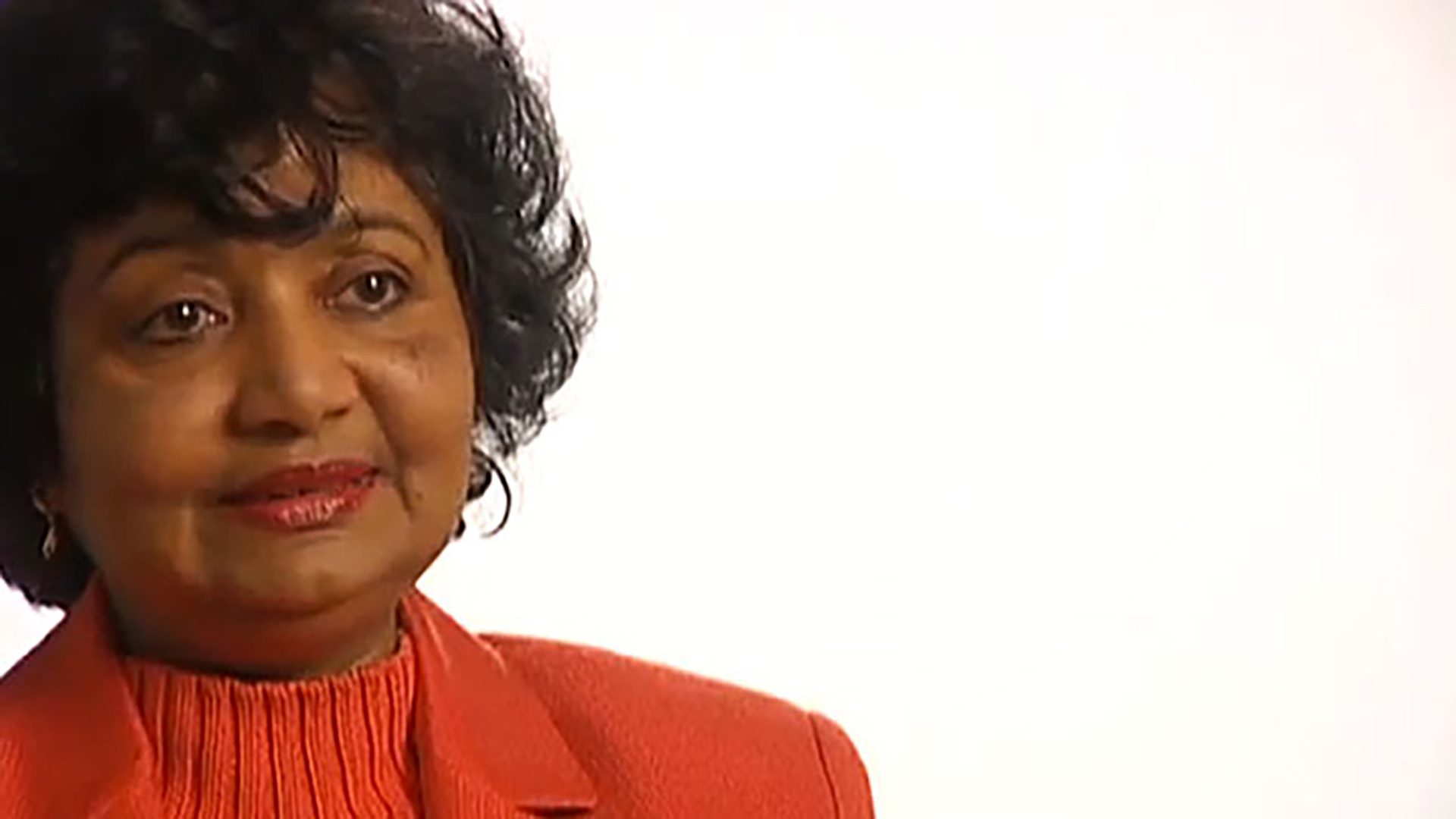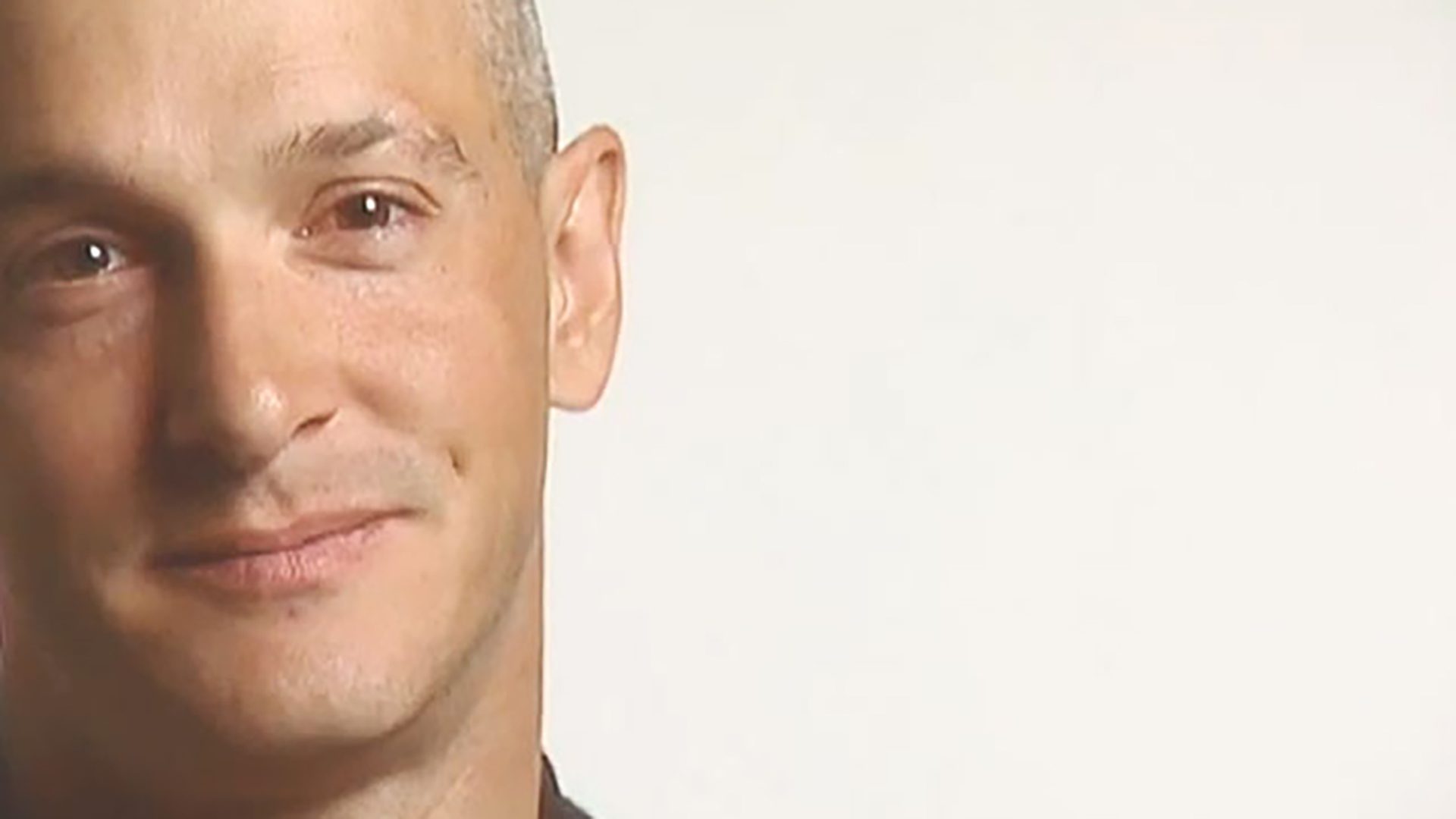Survivor Interview – Dan W.
Dan is a Hodgkin’s lymphoma survivor. He talks about accessing quality care, relationships with his wife and children, and meeting other survivors.

I became a cancer survivor in 2002 when I survived Hodgkin’s disease.
It started with a routine physical checkup. My wife was concerned. I was losing a fair amount of weight. I was down about 70 from where I had been, and no one could really understand why. We started doing some blood tests, and they kept bringing me back for more tests and couldn’t find anything. Finally, they did a CT scan. I got a call on February 14 that there was a problem, and I needed to report to the hospital immediately. It was very graphically displayed to me what was going on and why I was losing the weight.
It was pretty blunt. It wasn’t quite the diagnosis. They didn’t know what that was yet, whether it was an infection or something else. The doctor was a good military surgeon. He was blunt. “You either do what I say or you’ll die in two years.” That didn’t set well with me. I told him where he could go and how he could get there. And then went home and cried. That was tough.
A friend of mine had been through colon cancer, and I talked to him. He got me in to see another doctor the next day. A series of more blood tests started me in the system at Alaska Native Medical Center. They didn’t know whether it was cancer or an infection, but that started it. I went into surgery the next week and had a biopsy. A week after that, I was in having a bone marrow sample drawn in the oncology clinic at ANMC. I also set up a series of consultations with other doctors and talked to them. Not to necessarily disregard what one person says, but I wanted to hear what lots of people said. I made sure they agreed with what I was being told and from there we went into a regimen of chemotherapy.
During the treatment, you just go through it. You have to survive, and it really knocked me down. But immediately, I did see weight gain, and I started gaining some of the strength back that I’d been losing. I also started losing sensation below my knees. Three years later, I still have some of that. It’s receded now just to the ball and the arch of my foot. I don’t really have any feeling there, so when I step on something, I can’t feel whether it’s level or not. You stumble a little bit. I learned to live with it, but it’s still there. Every now and then, it catches me by surprise, especially on the ice.
The concern they always have is recurrence. Did we make sure we got it all? That’s why they continued the treatment. That’s my understanding of it, at least. I just had a physical at the hospital, and I realized that that was the same room where I was diagnosed. Just sitting in the waiting room for the doctor, my blood pressure was off the chart. She goes, “What’s wrong?” She didn’t have a clue. It didn’t occur to me until later, but it does affect me.
We had really good support through it. I was usually in chemo anywhere from four to six hours, depending on how the drugs were applied and how I was reacting to them. My kids were there, most of the time, with me. They would sit with me and help other people in the chairs around me. They were very much involved. My wife was a fantastic support. It changed our whole lives for that time frame. It was tough. There were some hard words and some good words.
We’ve been married a long time, 25 years almost, so cancer was just part of life. That’s the way we looked at it. Things have changed. During that time, I couldn’t make decisions when I was on so many drugs, and that’s not the way we ran our family. She’s had to take on more of that role. Getting back into that balance after the treatment has taken time. But I’m encouraged and grateful I married the woman I did. It was huge. It really was. It was all the way from car repair that I usually do to all the stuff in the house that I took care of. I just couldn’t do it. Other people stepped in, but she still had to coordinate it and help them do what they could to help us.
I always want more information. I don’t always use that information to its fullest, but I want it. It was critical to me to get a second opinion, not only on the diagnosis but also on the treatment. I spent time and money to get that, and to seek out who were the best in Alaska. I really wasn’t willing to go out of the state. Once I was comfortable with that, I moved forward with the treatment and the team. They were very supportive. Anytime I had a question, they answered it.
Once we started treatment, I was not the one asking the questions. The chemotherapy pretty much took me out of it. I wasn’t clear-headed and really thinking…my wife had the questions for the doctor and the nurses. I was dealing with getting treatment at that time and how I felt and where I was. Standing up sometimes was all I could do. So that combination of their willingness to answer any question and her willingness to pursue the question made a big difference. The team’s still there. I can still call. They still answer questions, even silly ones. It’s been very supportive.
We did take care of advance directives, and a lot of it we had in place. We’ve always been prepared for that. My job requires travel to the bush, and things happen. So we were prepared for regular life events, but the things we weren’t prepared for were the stress of dad not being there. Mom having to make all the decisions. The kids dealt with it fantastically.
There were days that I could actually do something. My work was very accommodating. They set me up with some considerations at home. What I found was my decision making, what I get paid to do, I was not able to do. So being there in presence: yes. But adding value: minimal. It’s taken time to recover too. People’s trust coming back and, “Oh, Dan’s back. He can make decisions. He means what he says.” It’s taken time, but I needed that. There were things to focus on at work that helped me get through, and that’s been helpful.
There was an unusual day where I had taken the car to the mechanic. He was going through liver cancer. I’d known his story. It had been in the paper, but I really hadn’t talked to him much. He shut down the shop and talked to me for an hour-and-a-half. He was very much a support mechanism. I’ve been in contact with him over the years. I try to work with other people on those things. It’s interesting. Some people want help; some people don’t. Some people are intimidated to ask, and they should if they can.
It’s always amazing to me how many people are going through this. Whether they’re external about it or internal, there are a lot of people being affected by some form of cancer. That’s always amazing to me, if you actually take the time to listen, people will usually give you some indication of what’s going on. That’s probably the biggest thing that I’ve learned over the last few years. A lot of people are going through it, whether they want to share it with you or not. There are a lot of people working through whatever stage they’re in.
Survivorship means looking forward and working towards the future. Sometimes it gets limited to the next doctor’s appointment and getting through that, especially a few days before that. I think about, “What if this doctor’s appointment’s bad? What if it’s good? Who am I gonna see?” But I can’t dwell on that. The further I get away from those, the more I look past them and say, “This is just another step towards my future plans, and where I’m going, and what life has for me.” And my kids and my family, my coworkers…where we’re going. It’s still there. It’s not gone away, but I guess my perspective on it has changed.
My name is Dan Williams. I’m a three-year Hodgkin’s disease survivor.

